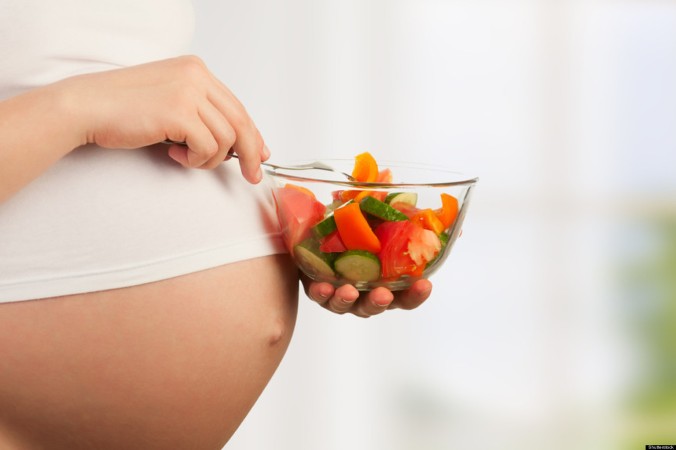
When you are pregnant it is important to watch what you eat. You are eating for two. That does not mean you need to eat more, it just means that you need to eat smart! You are the baby’s only source of nutrients, and all the good stuff that it needs in order to grow in you. Therefore, you are going to need to follow a diet filled with vitamins, minerals, proteins, carbohydrates, and fiber in the right mix.
Most prenatal dietitians today, are strongly against mums who want to follow a strict no carb diet. If you do not have a good amount of carbs, your body will produce something called ketones. The ketones can put your baby at risk for brain damage as it grows.
You may be curious about low-carb diets then. Low carb diets do have the risk of mental retraction for the child along with worsening the discomforts you can experience during the pregnancy. Low-carb diets can lower the levels of dietary fiber which can worsen constipation since many pregnant women need iron supplements. Prenatal dietitians also recommend taking lots of fruit because of its vitamin content. However, most of the ingredients you find in a shake are banned by diets such as Atkins and South Beach because of the sugars.

You shouldn’t go on a low-carb diet, or follow a restrictive or weight-loss diet, while you’re pregnant. This is because we can’t be sure that diets are safe for you or your baby.
Going on a low-carb diet while you’re pregnant may affect your baby’s weight, and how she develops. It may also prevent you both from getting the nutrients you need to stay healthy. Drastically reducing or increasing the amount you eat may even increase the likelihood of your baby having weight problems as she grows up.
Low-carb diets, such as the Atkins, South Beach and Dukan diets, may increase the levels of toxic chemicals (ketones) in your blood. These acids remain when your body burns its own fat. The same applies to any other diets that cut out food groups.
Low-carb diets tend to be high in fat, and may also restrict the amount of fruit, vegetables and fibre you eat. You may deny yourself and your baby important vitamins and minerals, such as folic acid and calcium. It’s also unlikely that you’ll be able to sustain these diets in the long term.
Fans of low-carb diets say that carbohydrate-rich foods are fattening. But gram for gram, carbohydrates contain less than half the calories of fat. Low-carb diets also tend to be high in protein, which can cause side-effects such as tiredness and bad breath, as well as increasing your risk of getting kidney stones.
Read more here about week by week pregnancy guide and The Whole Nine Months: Low Carb Diets
No comments:
Post a Comment